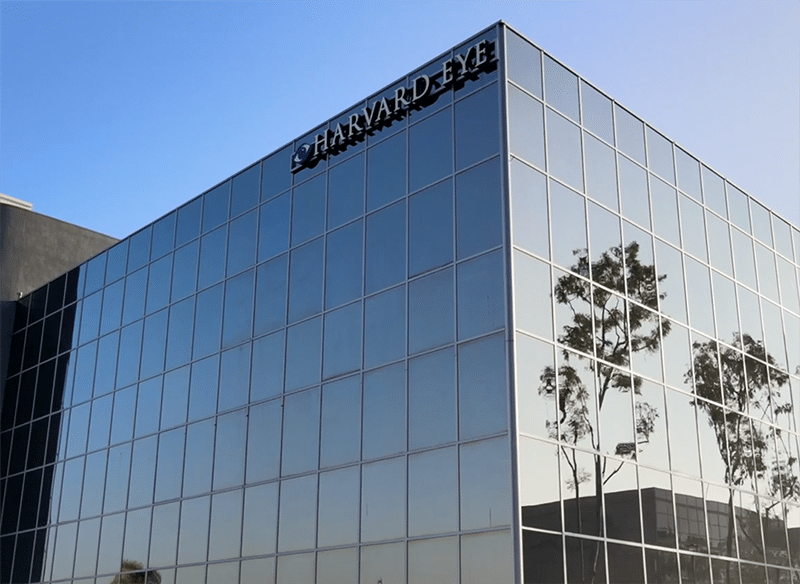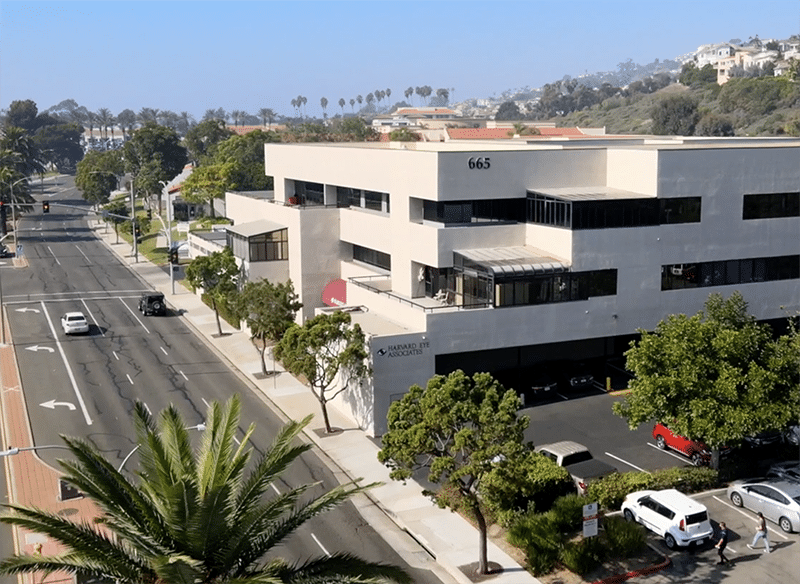In the field of ophthalmology, refractive surgery is an elective surgical procedure performed to improve the refractive capabilities of the eye and decrease or eliminate dependency on glasses or contact lenses.
Of all the techniques implemented, LASIK (laser-assisted in situ keratomileusis) and PRK (photo-refractive keratectomy) are the most widely used corneal refractive surgery techniques today due to their safety and effectiveness in correcting myopia (nearsightedness), mild to moderate hyperopia (farsightedness), and/or astigmatism.
Both techniques correct refractive errors using an excimer laser that reshapes the cornea. This improves the way light rays are focused on the retina. The difference between both techniques is in the first part of the surgery.
In the Custom bladeless LASIK technique, a femtosecond laser uses heat and bubbles to create a superficial lamina that contains epithelium, the most external layer of the cornea, and stroma of the cornea. This flap is then lifted, and the excimer laser is applied to the surface to reshape your cornea.
PRK is also a laser surgery that changes the shape of the cornea to correct refractive vision errors so that the contour of the cornea bends light correctly. This procedure is more superficial than LASIK because only the corneal epithelium, the outermost layer of cells on your cornea, is removed. The ophthalmologist then uses the excimer laser to reshape your cornea.
As to other differences, the Custom bladeless LASIK technique is the most used refractive procedure today for the majority of patients, both for its faster recovery and for its lower degree of post-operative discomfort. The PRK technique is typically recommended for patients who have dry eyes or thin corneas and for those who perform important sports activity (athletes) or who have high possibilities of receiving a direct hit in the eye due to their professional activity (police, firemen, military, etc.), needing a stricter follow-up during the first 5 days after the procedure.
In the end, both techniques are effective in terms of the visual results sought; therefore, the choice of one or the other is based on the patient’s candidacy and other criteria evaluated by the surgeon after preoperative examination and testing.
To find out if you are a candidate for LASIK or PRK, contact our office to schedule a free consultation. Our doctors will help you decide if refractive surgery is right for you.




